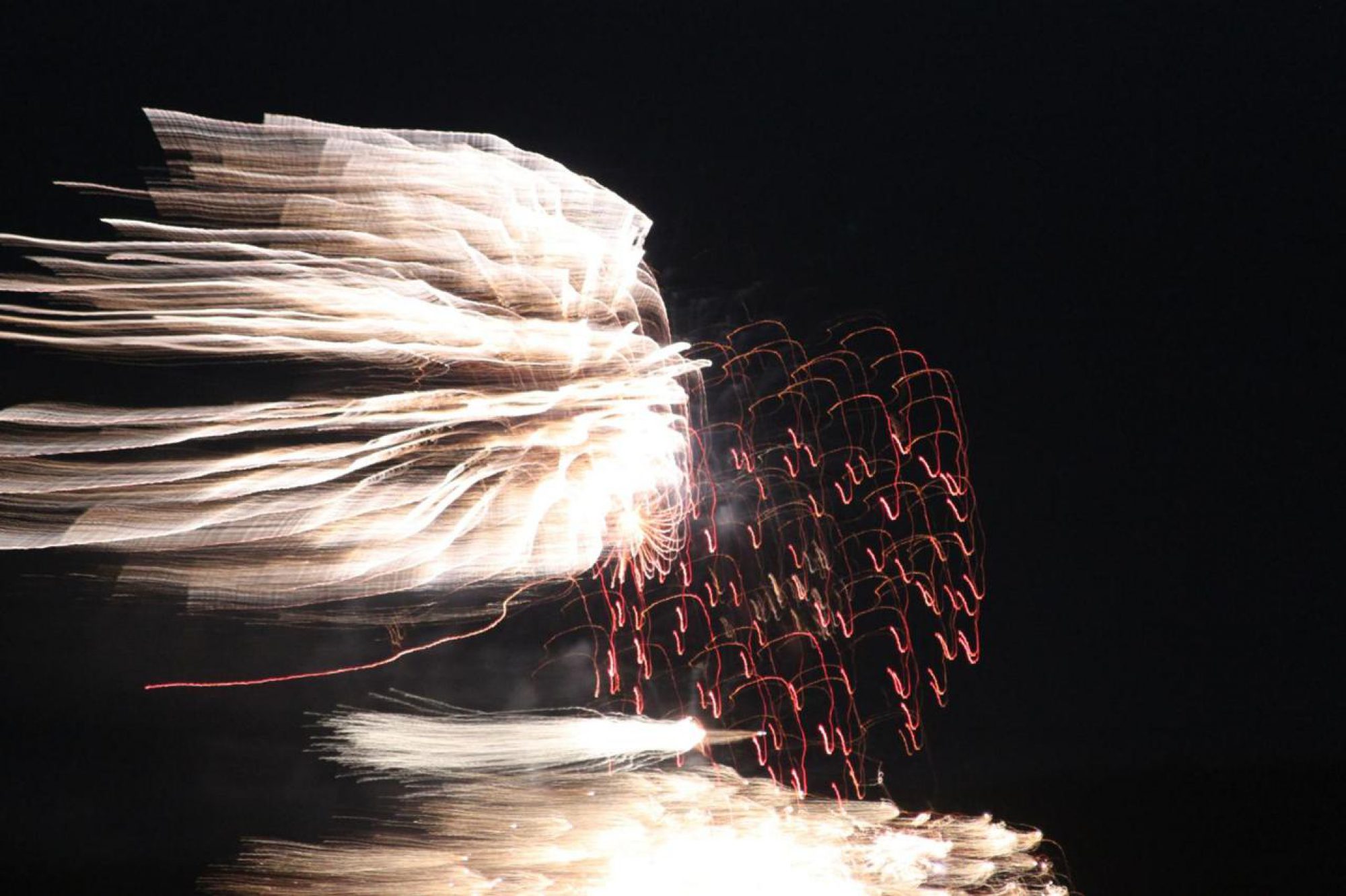Eine wenig bekannte Kritik Holloways an Negri, die insbesondere seine (und Hardts) Position zu Frage der Dialektik kritisiert – eine Kritik, die in der Auseinandersetzung um “Empire” zu Unrecht wenig behandelt wurde. Zu Recht weist H. darauf hin, dass “Empire” und “Multitude” abstrakt einander gegenuebergestellt werden. Allerdings hat die von Holloway reklamierte absolute Position des “No” auch nichts Dialektisches an sich.
“Negri, and now Michael Hardt who joins him as co-author of Empire, seek to develop Marxist and revolutionary theory as a positive theory, rather than a negative theory. This has important consequences, theoretically, politically and in terms of the analysis developed in Empire. Behind the analysis of Empire lies a theoretical movement, a rigidifying of the autonomist impulse. It is to this that we must turn before looking at the analysis itself. Autonomist Marxism came on the scene with a furious energy, which can be seen in the oft-quoted passage by Tronti: ‘We too have worked with a concept that puts capitalist development first, and workers second. This is a mistake. And now we have to turn the problem on its head, reverse the polarity and start again from the beginning: and the beginning is the class struggle of the working class’ […]
…there has at times been a tendency to rigidify the concept of class composition, to generalise from the experiences of a particular group of workers and project it as a model for judging all class struggle. There has been a tendency too to neglect the mutual interpenetration of capital and anti-capital (conceptualised by Marx in terms of fetishism, a category to which autonomist theory has paid little attention), and consequently to conceive of the subject of struggle as external to capital, to think of the working class as a pure subject, and of the communist militant as the purest of the pure. (…) His [Negris] concern is to develop the concept of revolutionary power (the potentia of the multitude) as a positive, non-dialectical, ontological concept. Autonomy is implicitly understood as the existing, positive drive of the potentia of the multitude, pushing potestas (the power of the rulers) onto ever new terrains.
To treat the subject as positive is attractive but it is inevitably a fiction. In a world that dehumanises us, the only way in which we can exist as humans is negatively, by struggling against our dehumanisation. To understand the subject as positively autonomous (rather than as potentially autonomous) is rather like a prisoner in a cell imagining that she is already free: an attractive and stimulating idea, but a fiction, a fiction that easily leads on to other fictions, to the construction of a whole fictional world.
[…]
On the contrary, the autonomist impulse is still central to the argument. Hardt and Negri insist that Empire is to be understood as a reaction to the struggles of the multitude. ‘The history of capitalist forms is always necessarily a reactive history.’ (2000, p. 268) Thus, ‘the multitude is the real productive force of our social world, whereas Empire is a mere apparatus of capture that lives only off the vitality of the multitude – as Marx would say, a vampire regime of accumulated dead labour that survives only by sucking off the blood of the living.’ (2000, p. 62)
The autonomist impulse is still alive, yet it is almost smothered by the weight of positive theory. It is in the concept of ‘paradigm’ that the positive concept of class struggle and of class composition becomes focussed. The argument of Hardt and Negri focuses on the shift from one paradigm of rule to another. This shift is characterised primarily as a shift from imperialism to Empire, but it is also variously described as a move from modernity to post-modernity, from discipline to control, from Fordism to post-Fordism, from an industrial to an informational economy. What interests us here is not the name, but the assumption that capitalism can be understood in terms of the replacement of one paradigm of rule by another, one system of order by another.
[…]
It is entirely consistent with this paradigmatic approach that Hardt and Negri are very explicitly anti-dialectical and anti-humanist in their approach. Hegel is repeatedly dismissed as the philosopher of order rather than seeing him as being also the philosopher who made subversive movement the centre of his thought. Dialectics is understood as the logic of synthesis rather than as the movement of negation. It is quite consistent with this that the authors insist on the continuity between animals, humans and machines.
[…]
In this book, as in all of Negri’s analyses, there is a clash of Titans: a powerful, monolithic capital (‘Empire’) confronts a powerful, monolithic ‘multitude’. The power of each side does not appear to penetrate the other. The relation between the two sides of the capitalist antagonism is treated as an external one, as is indicated, indeed, by the authors’ choice of the word ‘multitude’ to describe the opposition to capital, a term which has the grave disadvantage of losing all trace of the relation of dependence of capital upon labour.
[…]
Our struggle is negative, our thought can only be negative. Our struggle is a refusal, a NO, a NO to capitalism and therefore a NO to our capitalist selves. We are not a Pure Subject, we are not God, the Party or Saint Francis of Assisi. There is no way, then, that we can stand above the distortions of capitalism and say how the world is. The world is not, there is no being, there is only doing, a doing torn asunder in such a manner that the done takes on a life of its own and appears to be, as Marx points out in chapter one of Capital. To try to establish an ontological basis for Marxist theory is to take one’s stand on fetishised social relations, to destroy Marxism.”


